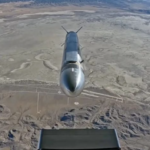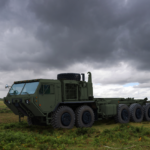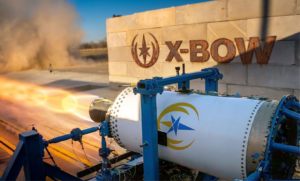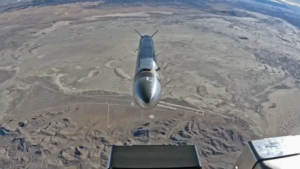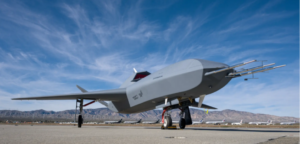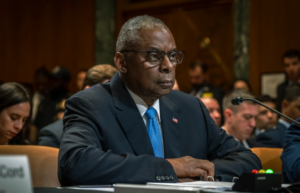
Defense Secretary Lloyd Austin confirmed on Wednesday the U.S. paused a shipment of bombs to Israel over concerns related to protection of civilians ahead of the planned operation into the Rafah area of Gaza. During a Senate Appropriations Defense Subcommittee hearing, Austin said the pause comes as the Biden administration continues to review weapons assistance to Israel and reiterated no decision has been made on the final plan for the shipment of munitions. “We’re going to continue to do what’s…

 By
By 
